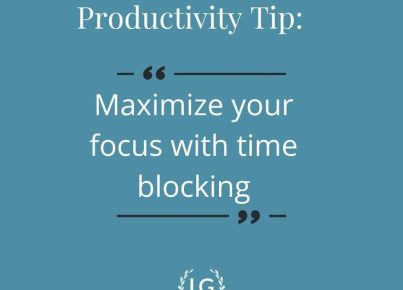As someone who has witnessed and experienced the challenges of getting an education as a black boy, it’s heartbreaking to see that this problem still persists, especially for black girls. The statistics speak for themselves – black girls face staggering education challenges that put them at a disadvantage in a world where education is seen as one of the keys to economic success.
One of the biggest challenges that black girls face is the achievement gap. According to the National Women’s Law Center, black girls are more likely to be suspended and expelled from school than white girls. This can lead to missed opportunities to learn or even dropping out of school completely. Additionally, black girls are more likely to attend under-resourced and overcrowded schools, which can hinder their learning experience.
Another challenge black girls face is the lack of representation in the curriculum. The stories and experiences of black girls and women are often absent from textbooks and classrooms. This creates a disconnect between black girls and the material they are supposed to be learning. It also reinforces the idea that their experiences and voices don’t matter, which is detrimental to their self-esteem and sense of belonging.
Stereotypes and prejudice also play a role in the education challenges black girls face. Teachers, like anyone else, are not immune to their own unexamined biases. Black girls are often labeled as disruptive or difficult when they are simply expressing themselves or challenging the status quo. This can lead to them being punished unfairly or not being taken seriously, which can hamper their academic growth.
The education challenges that black girls face are not just academic. Emotional and mental health factors are also significant issue. According to a report by the Georgetown Law Center on Poverty and Inequality, black girls are significantly more likely to experience sexual assault and harassment in schools. This can lead to trauma and difficulties in forming healthy relationships, which can have long-term consequences.
It’s time to acknowledge the education challenges that black girls face and work to address them. Our society must prioritize ensuring that black girls have access to quality education that values their experiences and supports their growth. This can be done by implementing policies that address the achievement gap, increasing representation in the curriculum, and addressing biases and prejudice in the education system. We must create a world where black girls have a fair shot at the education they deserve so that they can thrive and succeed.



